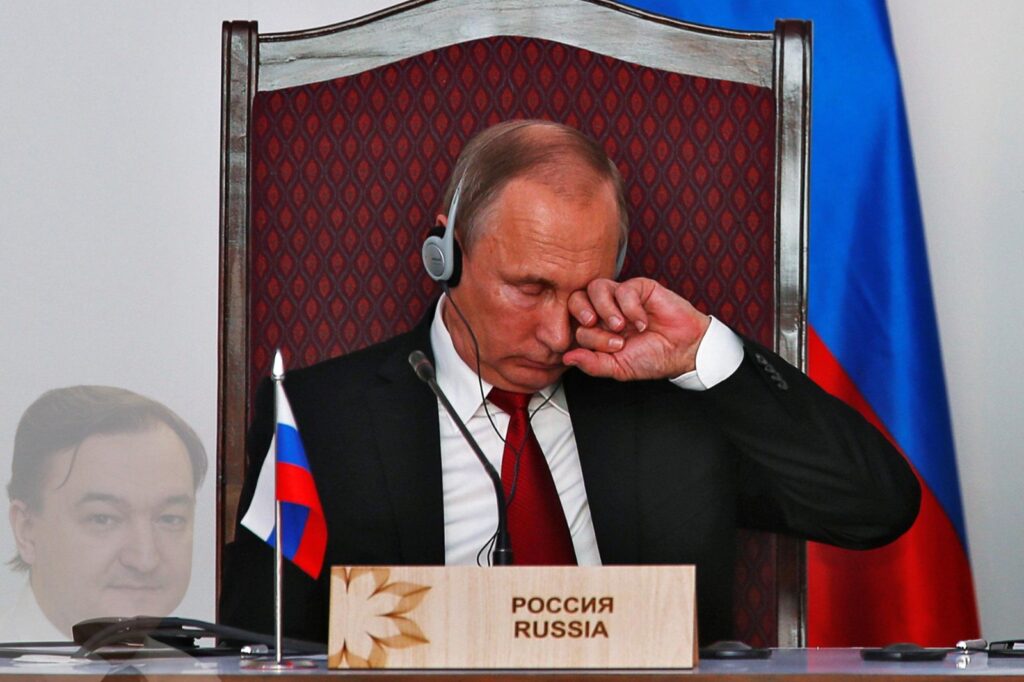The European Commission presented a new anti-corruption package on Wednesday, which includes a proposal to extend the EU sanctions regime beyond human rights violations to also encompass corruption acts committed anywhere in the world.
Under the proposed framework, foreign nationals involved in corruption could be prohibited from entering the EU and subjected to asset freezes, while EU nationals would be barred from engaging in any economic transactions with them.
“We are sending a clear message that the EU is not open for business to those who engage in corruption, wherever that occurs,” said Josep Borrell, the European Commission’s Vice President, who presented the proposal.
The framework would align EU legislation with the U.S. Magnitsky Act, which was introduced in 2012 to sanction individuals involved in human rights abuses in honor of the late Russian whistleblower Sergei Magnitsky and was later extended to also cover corruption offenses.
Magnitsky was a Moscow auditor who exposed high-profile state corruption and was thrown in jail, where he died in 2009 after 11 months in custody, during which he was allegedly beaten by guards and denied medical care.
Magnitsky-style frameworks targeting human rights violations and corruption are also in place in the U.K., Canada, and Australia. The proposed anti-corruption package also aims to harmonize definitions of corruption across the legislations of EU members to include offenses such as misappropriation, trading in influence, and abuse of functions.
“Today’s package will raise the bar for EU-wide definitions and penalties of corruption crimes and will help authorities to catch and punish the criminals, be it from the public or private sector, no matter where they happen,” said Vera Jourova, the Vice President of the European Commission for Values and Transparency.
For the proposal to become law, it will have to be ratified by the European Parliament and the European Council, a body comprising 27 ministers, one for each EU member, meeting in 10 different configurations depending on the topic to be discussed.
May 5, 2023 Published by The Organized Crime and Corruption Reporting Project.







